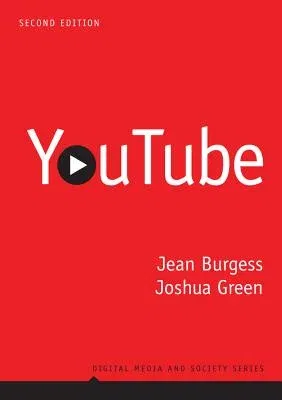Since launching as a website for everyday video-sharing in 2005, YouTube
has become one of the world's most powerful digital media platforms.
Originally published in 2009 when YouTube was only four years old, this
book was the first to systematically investigate its cultural impacts
and politics, highlighting the productive tensions between its amateur
community rhetoric and its commercial media logics.
Since then, YouTube has grown as a platform and matured as a company.
Its business model is built on coordinating the interests of and
extracting value from its content creators, audiences, advertisers and
media partners, in a commercial setting where YouTube now competes with
other powerful social media and streaming television platforms.
Meanwhile, YouTube's diverse communities of content creators, who
developed the platform's most distinctive cultural forms and genres,
have strong ideas and interests of their own.
While preserving the original edition's forensic analysis of YouTube's
early popular culture and uses, this fully revised and updated edition
weaves fresh examples, updated theoretical perspectives and comparative
historical insights throughout each of its six chapters. Burgess and
Green show how, over its more than a decade of existence, YouTube's dual
logics of commerciality and community have persisted, generating new
genres of popular culture, new professional identities and business
models for the media industries, and giving rise to ongoing platform
governance challenges.
The book is essential reading for anyone interested in the contemporary
and future implications of digital media platforms and will be
particularly valuable for students and scholars in media, communication
and cultural studies.

